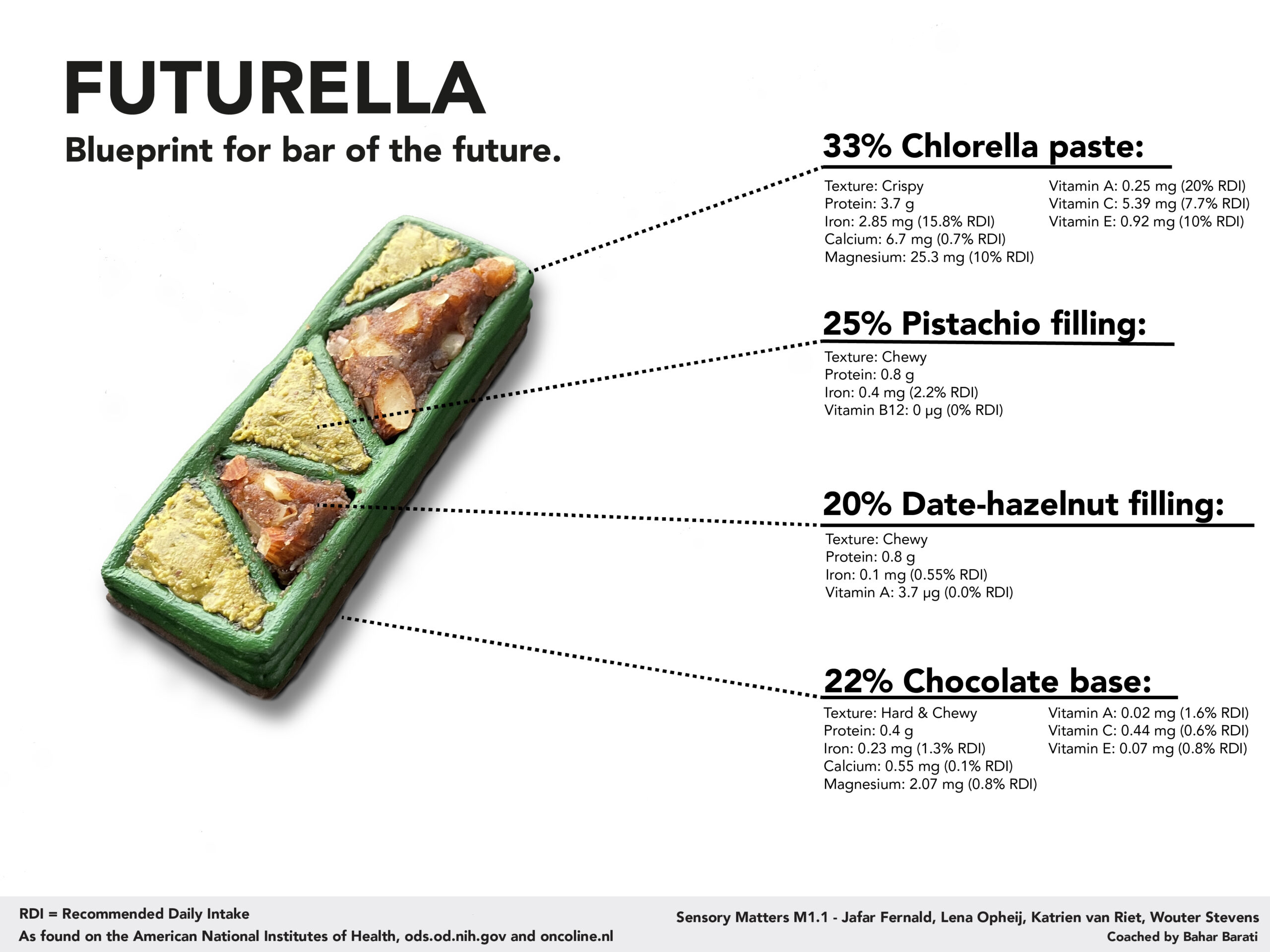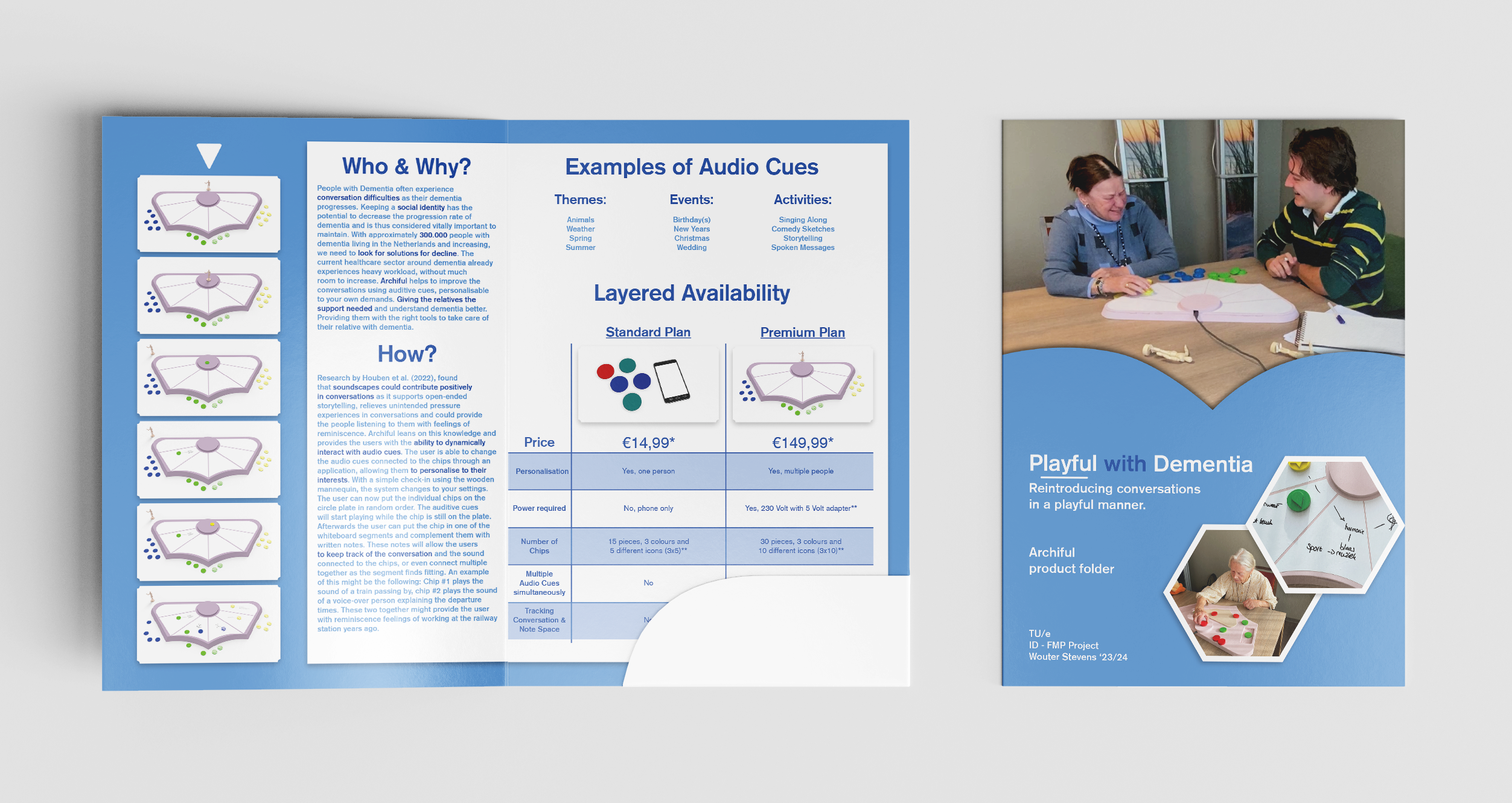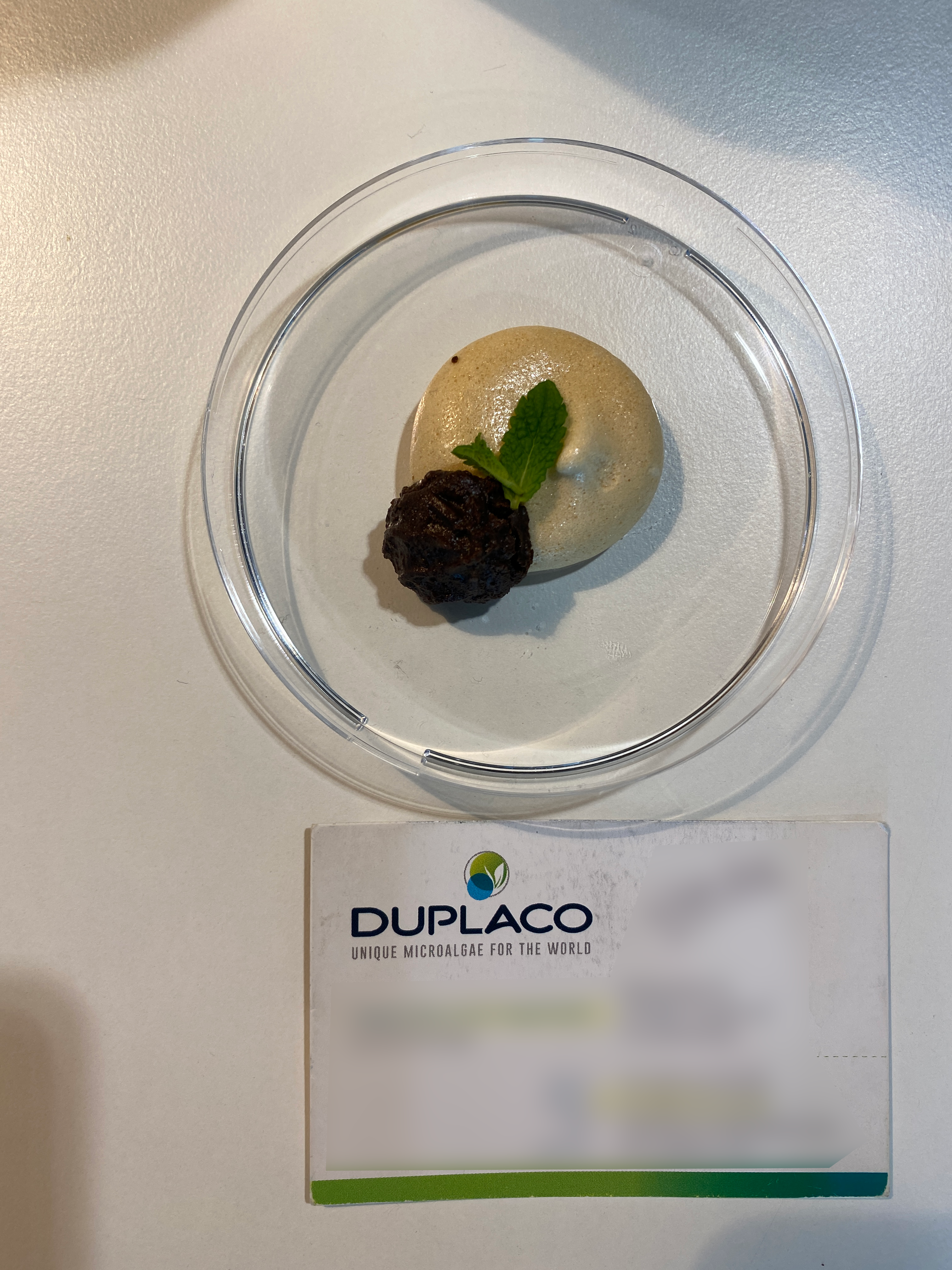Business, Healthcare and Real Impact
Throughout my Master's, I have been able to explore the different perspectives of design and have been able to speak and work with people from many types of disciplines. From working together with a client, to lessons in what it takes to be a value-based leader in the world of entrepreneurship. My interests in this field resulted in following the Master track 'Design Leadership & Entrepreneurship (DLE)', with different courses and project working with real scenarios to design for a real impact. I could find myself overflowing with energy and excitement to bring the results or insights to the client. Working with actual stakeholders, clients, experts and end-users of your product asks of a designer to understand the topics, individual values and how to combine all these into a design that brings these groups together. To learn more about this process from a company perspective, rather than an educational research perspective, I prepared myself for my FMP by doing a project at a company in the Netherlands. Furthermore, I followed courses like 'Design Innovation Strategies' and 'Creating Corporate Entrepreneurship' to learn more about the different approaches to marketising your product, and eventually implemented these skills into my Final Master Project.
Explicit implementation in FMP
Within research and in projects, problems with communication with people with dementia is recognised more often. While there are more product being developed in this field, only a few reach the market and address the actual problem at a larger scale than just the paper. My goal within my FMP was to create a product that would be viable for scalability with easy producibility and high effectiveness. The keystones of my FMP design, which impacted the decisions throughout the iterative design process. Stakeholder and Market environment analyses were performed and product layering with different features and pricing categories were introduced to enhance the product's accessibility.



